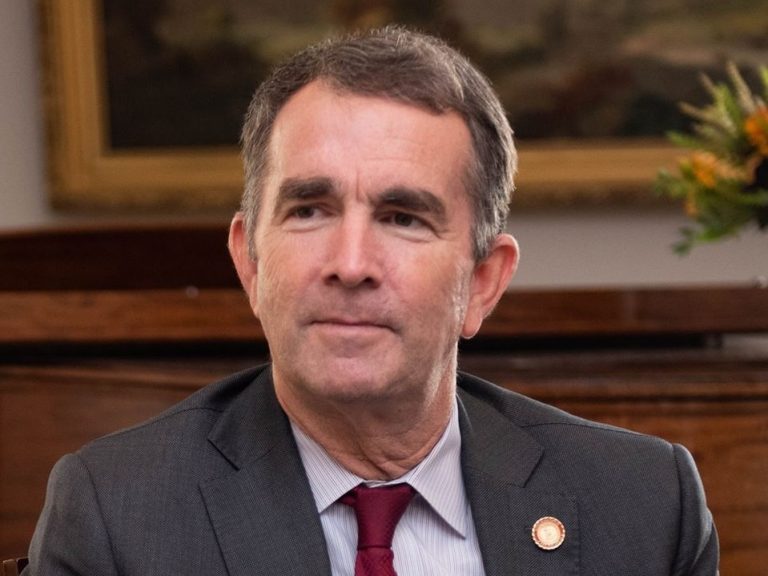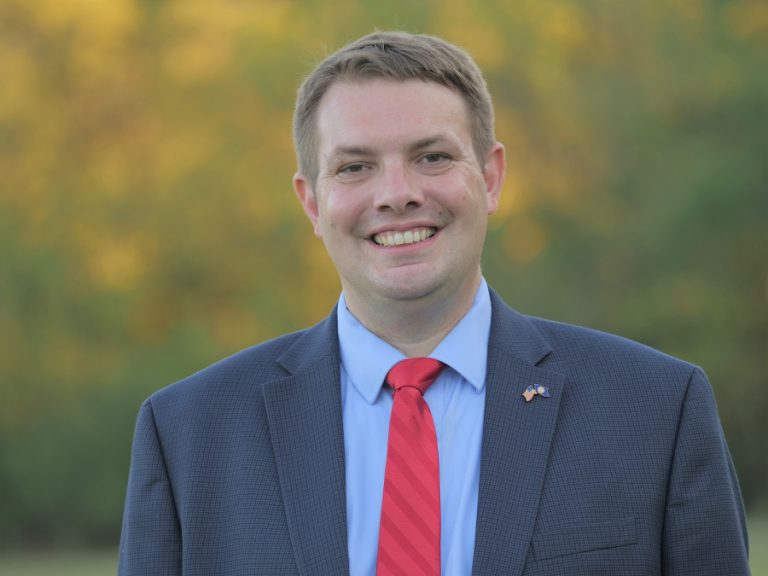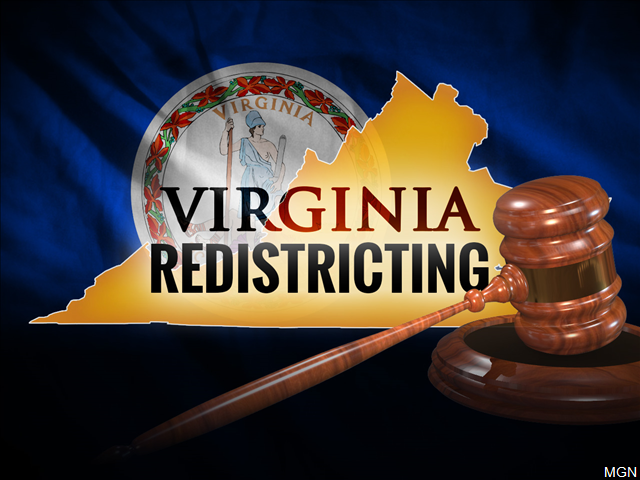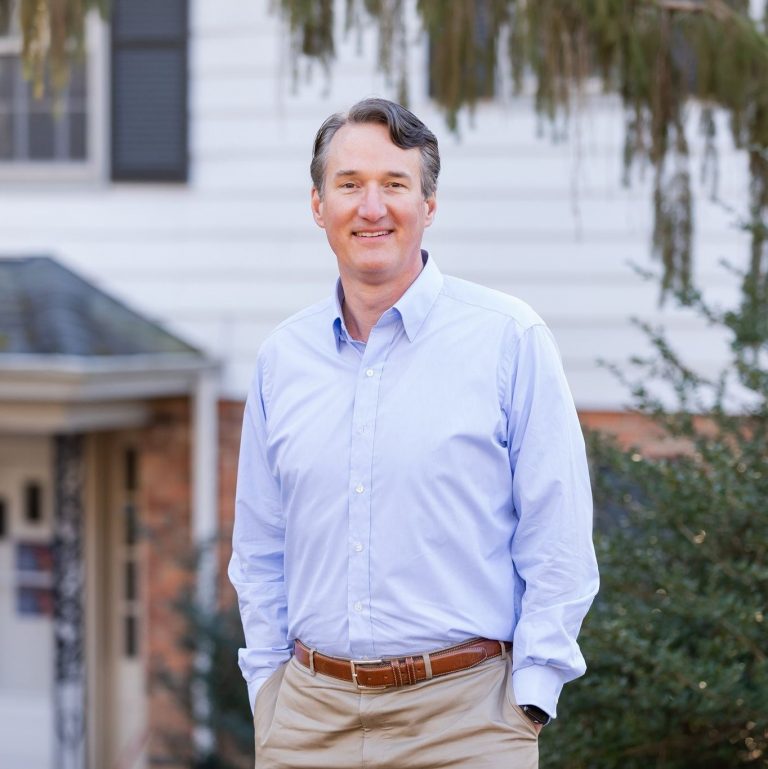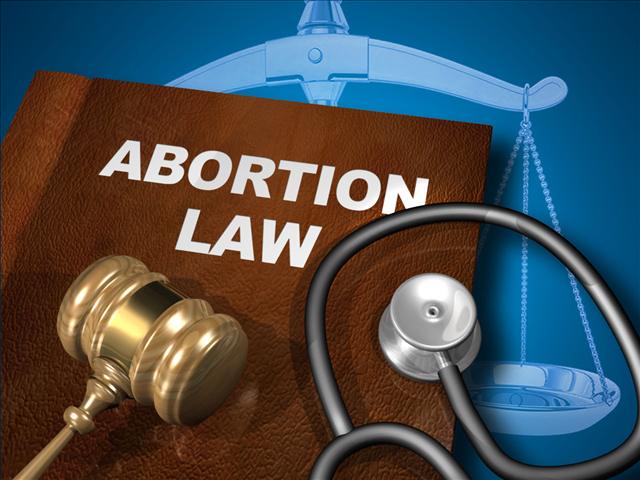RICHMOND, Va. (AP) — Outgoing Democratic Virginia Gov. Ralph Northam laid out a proposal Thursday for a...
State and National Government
State Senator David Suetterlein says the time is long overdue to increase the state’s standard income tax...
The Roanoke-Lynchburg region is gaining more clout in next General Assembly. Two area delegates have been named...
The State Supreme Court has scheduled two public hearings for later this week on the proposed redistricting...
The monthly luncheon held by Virginia’s U.S. Representatives and Senators from both sides of the aisle had...
WASHINGTON (AP) – The chairman of the House committee investigating the Capitol insurrection says the committee has...
Democratic incumbent delegate Alex Askew (Virginia Beach) has officially conceded his District 85 race after a recount...
While the Supreme Court won’t render a decision on Mississippi’s abortion ban until June, plenty of people...
The first of two recounts in Virginia’s House of Delegates that will determine whether power is split...
NORFOLK, Va. (AP) — Ports in California have been making headlines for their delays and supply chain...
A regularly updated study shows how safe each state is during the COVID-19 pandemic. WFIR’s Ian Price...
President Biden’s “Build Back Better” legislation has been passed by Democrats in the House as expected. Now...
After meeting State Senators at Hotel Roanoke this morning during their committee conference, Republican Governor-elect Glenn Youngkin...
It has now passed in the House of Representatives – the estimated 1.9 trillion dollar Build Back...
Chances appear very strong that southwest Virginia will carry more clout in Richmond that it has for...

